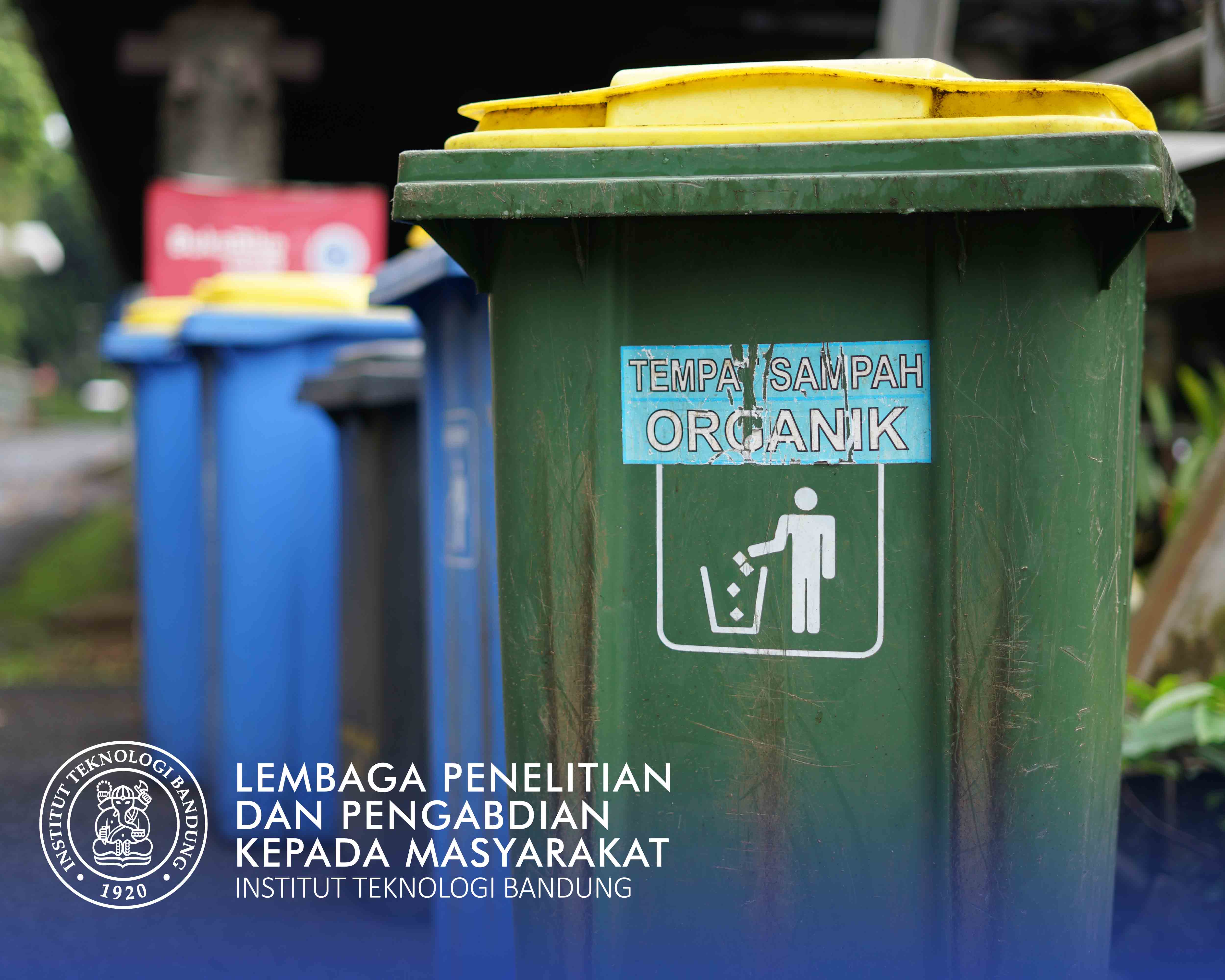

Neni Surtiyeni
The waste problem in Indonesia is a serious threat to the environment and public health. Government policy is in line with sustainable development goals, targeting the reduction of upstream household waste to reduce the burden on final disposal sites (TPA). The two main strategies in waste management are increasing community participation through strengthening collaboration and governance, and integrating community-scale waste processing infrastructure systems. A simple governance model has succeeded in processing waste until it runs out even though it does not fulfill the concept of a circular economy. A two-burner waste burner is worthy of being the main tool for processing community-scale waste. The combustion mechanism, smoke circulation and high temperature variations will greatly influence the quality of the smoke produced.
Community-based waste reduction through increasing community capacity in waste sorting, reduction, reuse and recycling practices. Development of a community-scale waste management infrastructure model to support independent waste management by the community.
Study of waste, burning, smoke produced.